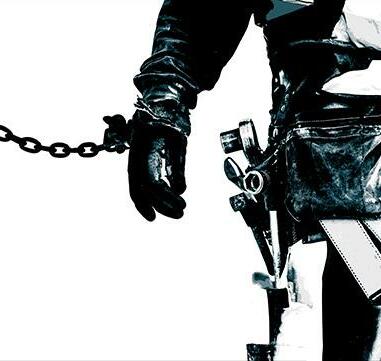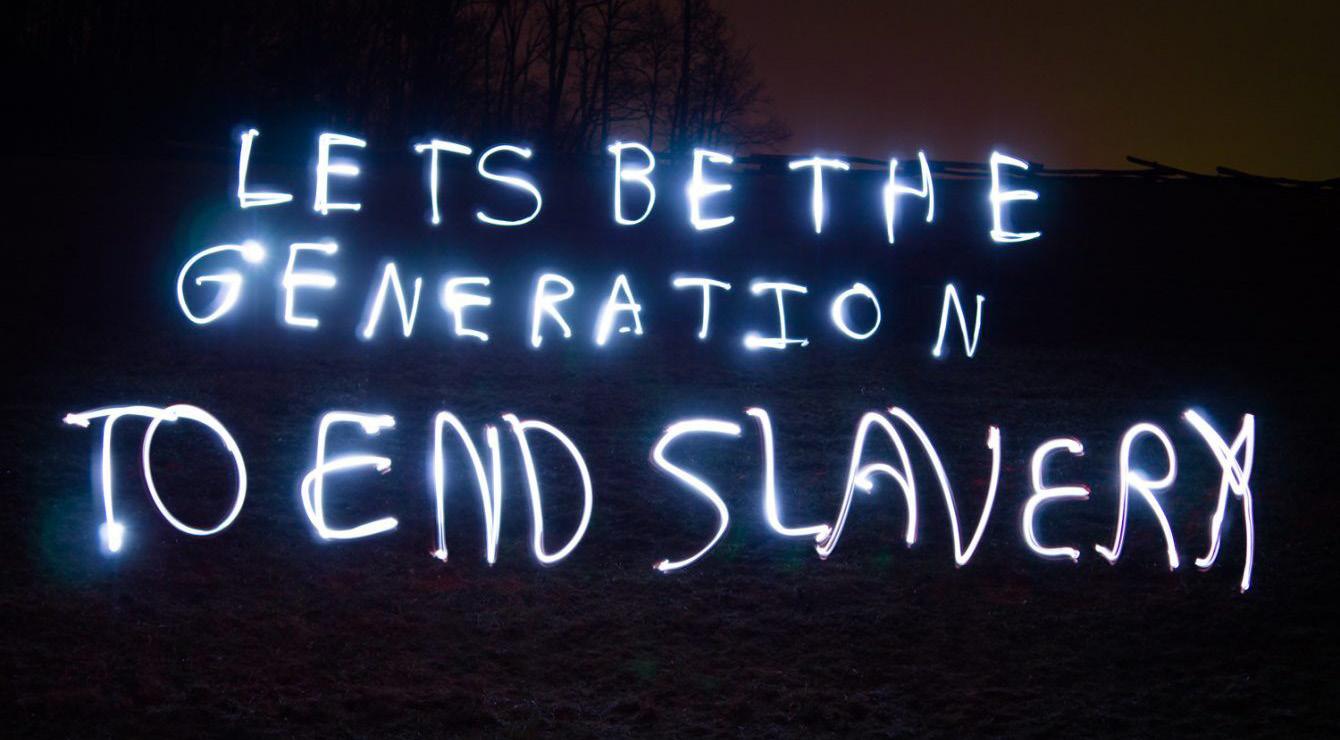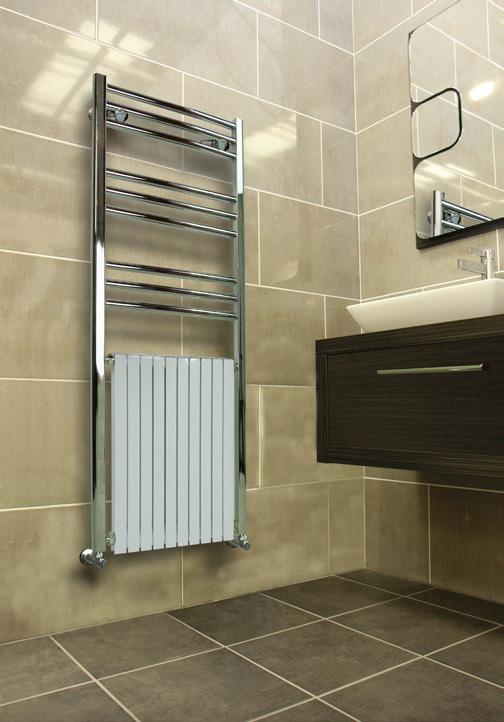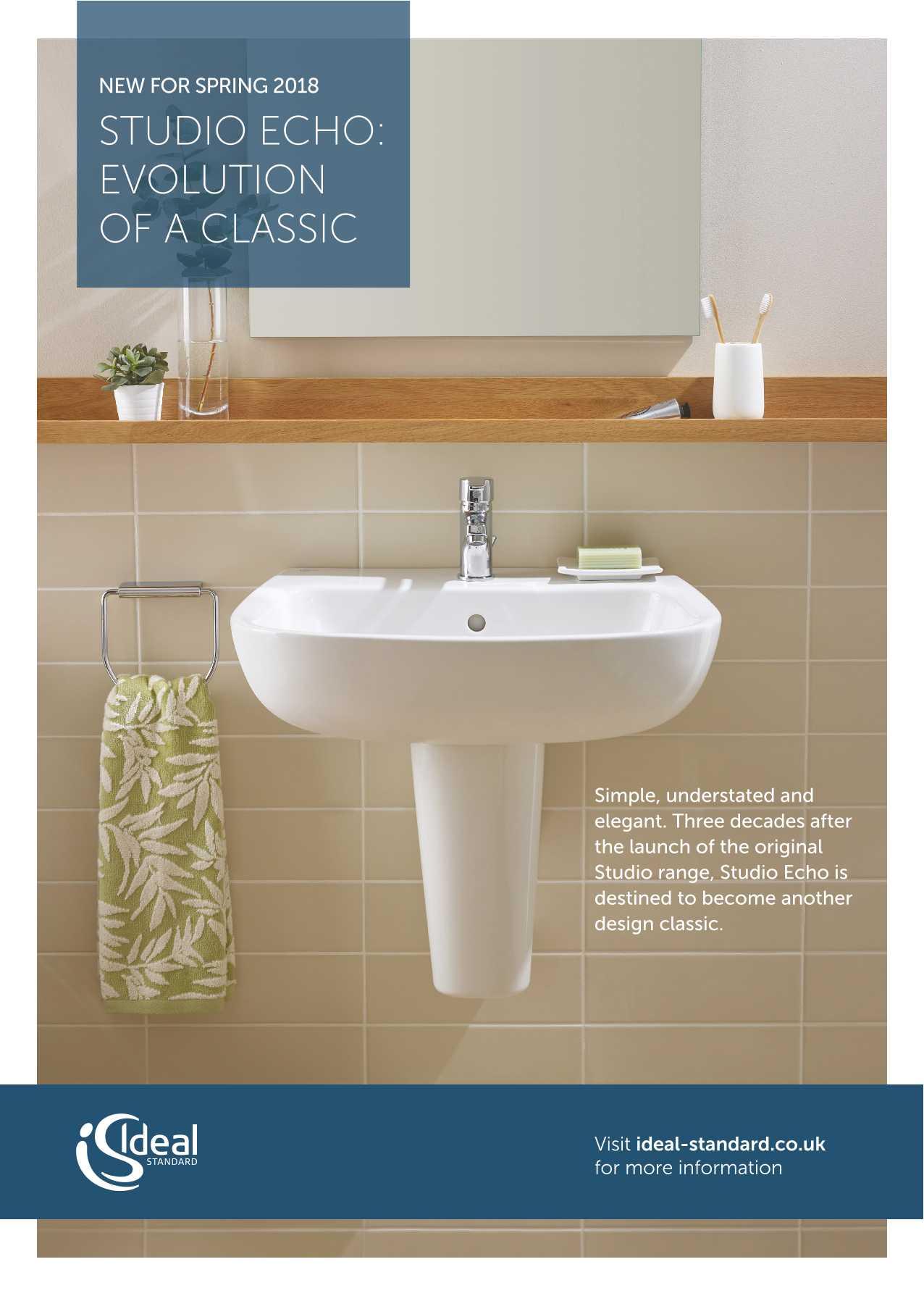
6 minute read
Modern Day Slavery
WE THOUGHT SLAVERY WAS A THING OF THE PAST WE HAVEN'T BEEN PAYING ATTENTION!
We all realise that slavery is an extremely serious issue and you could be forgiven for thinking that its something that belongs to a bygone era, if so, you’d better think again because amazingly, its a problem right here in the UK and the amount of cases are increasing every day!
Advertisement
One of the problems we have is understanding the true scale of the crime because it’s kept so well hidden. But we do know its here and growing as there were over 3,800 potential victims referred to the National Referral Mechanism (NRM) in 2016 and in 2017 this appalling statistic was exceeded.
Sadly, these 3,800 victims only represent the tip of the iceberg as they are the lucky ones who have been found or were brave enough to come forward themselves. However, authorities understand that there are thousands more hidden throughout communities in the UK. The Metropolitan Police estimate that around 20,000 people are trafficked in the UK.
Now you may think that you will never encounter this odious crime but you probably have without even realising it, for example, there’s a high chance you’ve encountered a victim of modern slavery or labour exploitation if you’ve used a hand car wash within the past year.
Construction is one of the most common industries for slavery in the UK and other industries include agriculture, maritime, nail bars, restaurants and takeaways, according to the GLAA, the government agency which investigates modern slavery.
The most common form of exploitation for direct employees is non-payment of the National Minimum Wage / National Living Wage. The size of business is relevant as according to the Low Pay Commission, microbusinesses are three times more likely to offend. (That’s 3% of businesses rather than 1%). Offences are often concealed through payments being made in cash.
IF YOU BELIEVE A PERSON IS IN IMMEDIATE DANGER, YOU SHOULD CALL THE POLICE (999).
If not an emergency but you see something suspicious then please talk to these organisations as they are all authorised to refer potential victims to the national referral mechanism (NRM), the UK process for identifying and supporting victims of modern slavery.
The Salvation Army provides support to victims and runs a 24-hour confidential helpline on: 0300 3038151 www.salvationarmy.org.uk/human-trafficking
Crimestoppers has a 24 hour helpline on: 0800 555 111 www.crimestoppers-uk/modernslavery
So how do you spot a victim of modern day slavery? Well here’s a list of tell-tale signs relating to the Construction industry:
• The victim is under the control and influence of others – sometimes are spoken for by a ‘controller’ • They are not allowed to leave the site unaccompanied • They will probably live in a multi-occupancy accommodation and often work at the same address • They have no access or control of their passport or identity documents or have false paperwork • They work excessively long hours over long periods • They cannot negotiate their working conditions • They are under the impression that they are bonded by debt • They have limited contact with their families or with people outside of their immediate environment

MODERN DAY SLAVERY
RECENT CASE STUDY
A man who enslaved up to 15 men by offering them demolition work and then using violence to trap them, has been jailed for seven years. Romanian David Lupu, 29, tempted the men into employment by offering accommodation and £50 per day but instead confiscated ID papers, housed them in cramped conditions and paid them just a fraction of the promised salary.
Detectives from the Metropolitan Police began an investigation and were supported by CITB’s Fraud Team in September last year, after two Romanian men reported to Forest Gate police that they had been treated like slaves after coming to work in the UK.
On 23 March at Inner London Crown Court, David Lupu was sentenced to seven years’ imprisonment after being convicted of multiple offences of holding a person in slavery or servitude. During the trial, seven Romanian men said they had been offered jobs in July last year, but upon arrival in the UK discovered that they were expected to live in a small one bedroom flat in Leyton, east London where as many as 15 men at times slept wherever they could, even occupying the kitchen, bedroom, hallway and storage cupboard and on mattresses found in the street.
The seven men said that they were only allowed out of the house two at a time and were threatened that they would be arrested if discovered by authorities. They were also told that they owed Lupu hundreds of pounds and were forced to work long hours in the demolition sector to repay the alleged costs. Meanwhile, Lupu was paid a significant wage by the building site’s employers for the enslaved men’s labour.
When the men discovered their wages from the building site had not been passed on by Lupu, they confronted him, only to be beaten and threatened to be killed if they insisted on being paid before they had paid their ‘debts’.
Ian Sidney, CITB’s Fraud Investigator who assisted the Met Police investigation, says “Modern slavery is a horrific injustice that unfortunately is becoming more commonplace in the UK’s construction industry. Forcing people to work illegally not only deprives people of their human rights, it also harms the reputation of the industry, puts employers at risk, drives down wages and denies employment opportunities to many others.” He continued, “CITB has been working with the trade, implementing measures to ensure that modern slavery is eradicated from the UK construction industry. We will also continue working with law enforcement agencies to bring offenders to justice.”

THE KITCHEN, BEDROOM & BATHROOM SPECIALIST PR CONSULTANCY
PROUD SUPPORTERS OF THE BiKBBI


Public Relations •Advertising•Publishing•Marketing

BEWARE THE ILLEGAL USE OF LEAD SOLDER
A water company recently identified the illegal use of lead solder on pipework supplying wholesome water for domestic purposes.
The use of lead solders on wholesome water supplies was outlawed over 30 years ago in 1987 and remains banned today. Although lead solder can still be used where water does not need to be wholesome, for example, central heating circuits, to avoid mistakes we recommend you purchase and use only lead free solder.
There is substantial evidence highlighting the negative impacts of lead on our health. The World Health Organisation details how young children are particularly vulnerable to the toxic effects of lead and can suffer profound and permanent damage.
Lead affects development of the brain and nervous system leading to cognitive and behavioural difficulties. It is also known to cause long-term harm in adults, including increased risk of high blood pressure and kidney damage. Please see the fact sheet here. This article serves as a reminder why lead solder use remains illegal.

Some solders and brass fittings contain lead which can be dissolved into the water as it passes over the joints. Where solder joints are used on water systems used for domestic purposes i.e. used for drinking, cooking and food production purposes it MUST be lead free; be sure to check the solder in your toolboxes and van and double check when you purchase more. Water suppliers carry out water quality tests at properties in their areas of supply. If they identify any infringements regarding use of lead, they will require the installer to undertake remedial works, at their cost and are likely to prosecute the installer too. Overlooking which solder you are using can be a costly error.
More details can be found on the WRAS (Water Advisory Regulations Scheme) website or by following this link here.
www.wras.co.uk











